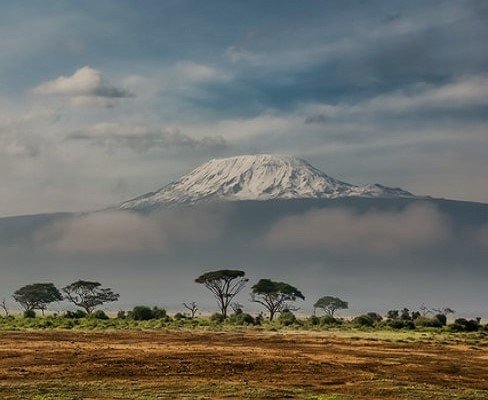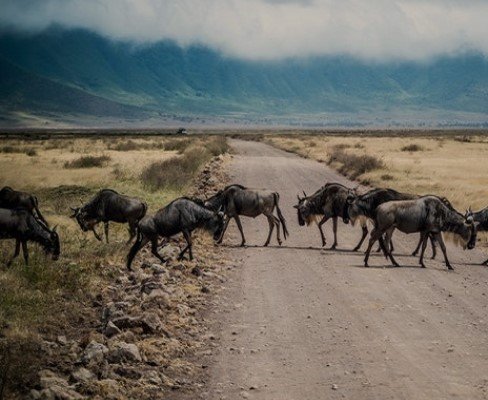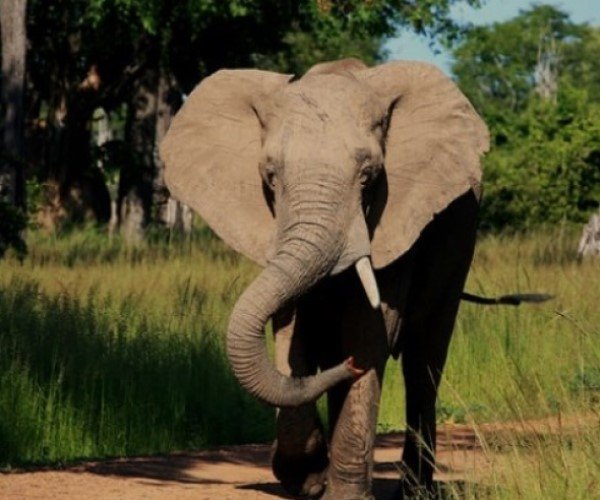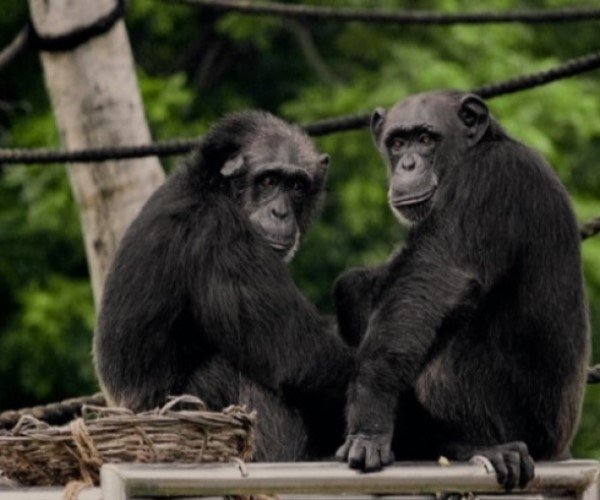- Home
-
Destinations
Tourists visit Kenya for many reasons, including to go on safari and to visit its spectacular coastline around Mombasa.
View moreTanzania is home to some of Africa's most famous national parks and natural attractions, including majestic Mt. Kilimanjaro.
View moreMountain gorilla trekking, classic game drives, cultural experiences, hiking are just some of the ways to spend your vacation in Rwanda.
View more -
Safari Packages
Our expeditions are crafted by a diverse family and team born-bred in Africa, who love the continent and care to deliver the finest tour experiences from a native perspective.
Read more -
Accommodation
Kenya Accommodation
Tanzania Accommodation
Uganda Accommodation
- Excursions
- Offers
- About
- Blogs
- Contact





